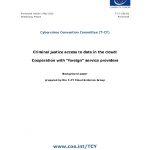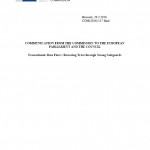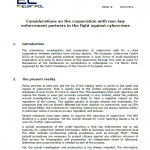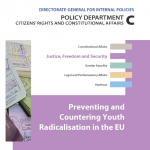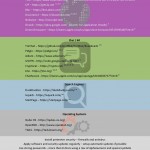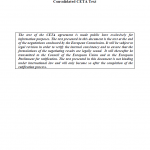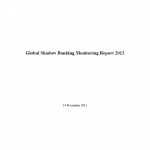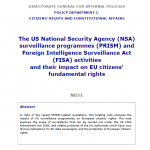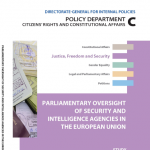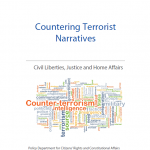
This study, commissioned by the European Parliament’s Policy Department for Citizens’ Rights and Constitutional Affairs at the request of the LIBE Committee, provides an overview of current approaches to countering terrorist narratives. The first and second sections outline the different responses developed at the global and European Union levels. The third section presents an analysis of four different approaches to responding to terrorist narratives: disruption of propaganda distribution, redirect method, campaign and message design, and government communications and synchronisation of message and action. The final section offers a number of policy recommendations, highlighting five interrelated ‘lines of effort’ essential to maximising the efficiency and effectiveness of counterterrorism and countering violent extremism strategic communication.


